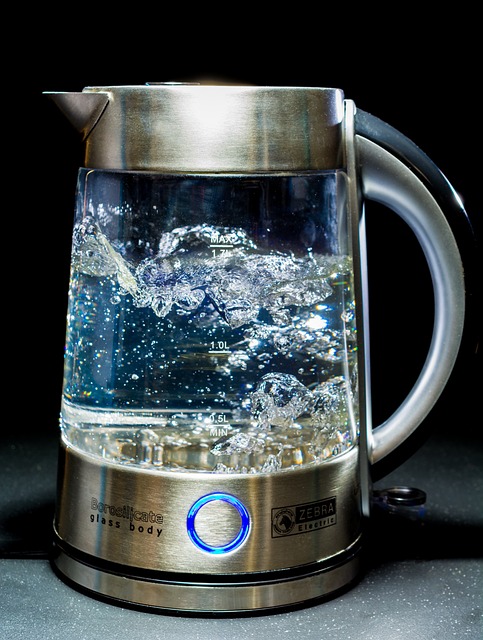Water heaters typically last 8-20 years but need replacement when they struggle to maintain hot water, exhibit long wait times, inconsistent temperatures, frequent heating element cycling, leaks, unusual noises, or high energy bills—indicating reduced efficiency and potential damage from mineral buildup, corrosion, and aging parts. Upgrading to a new heater offers consistent hot water access, improved energy efficiency, and potential utility cost savings.
Are you tired of freezing showers or endless waiting for hot water? It might be time to rethink your water heater. While DIY fixes can temporarily alleviate issues, there comes a point where even the most skilled handyman acknowledges defeat. This article explores when your old water heater is no longer keeping up and why upgrading could save you money, energy, and potentially prevent dangerous situations.
From age-related performance decline to safety risks, we’ll guide you through the signs you need a new water heater and the benefits of making the switch.
- Age and Performance: When Your Water Heater Can't Keep Up
- – Discuss the average lifespan of water heaters
- – List signs of poor performance (e.g., inadequate hot water, long wait times)
Age and Performance: When Your Water Heater Can't Keep Up

Water heaters are an essential part of our daily routines, providing hot water for showers, laundry, and cooking. However, over time, even the most well-maintained water heaters can start to show their age. One of the clearest signs you need a new water heater is when your current one can no longer keep up with your household’s demand for hot water.
As water heaters age, they may experience decreased efficiency and performance. This can manifest in various ways, such as longer wait times for hot water, inconsistent water temperature, or frequent cycling of the heating element. If you’ve noticed these signs, it might be time to consider a new water heater. By upgrading, you’ll not only enjoy consistent access to hot water but also benefit from improved energy efficiency and potential cost savings on your utility bills.
– Discuss the average lifespan of water heaters

The average lifespan of a water heater varies depending on several factors, including usage frequency, quality of installation, and environmental conditions. While tank-based water heaters typically last between 8 to 12 years, tankless heaters can extend their useful life up to 20 years or more. However, even with proper maintenance and care, there will come a time when these appliances reach the end of their road. Knowing the signs that indicate it’s time for an upgrade is crucial.
One of the most noticeable Signs You Need a New Water Heater is declining hot water performance. If you’re experiencing frequent temperature fluctuations or struggling to maintain a consistent hot water supply, especially during peak usage times, these could be indicators that your heater is no longer functioning optimally. Additionally, persistent leaks, strange noises coming from the appliance, and excessive energy bills can all suggest that your water heater is in need of replacement.
– List signs of poor performance (e.g., inadequate hot water, long wait times)

If your water heater is no longer performing optimally, it might be time to consider a replacement. Signs You Need a New Water Heater include persistent issues like inadequate hot water or long wait times for your shower or sink. Over time, water heaters can lose their efficiency due to mineral buildup, corrosion, or aging parts, resulting in reduced heating capacity and increased energy bills.
Other indicators include frequent temperature fluctuations, loud rumbling or banging sounds coming from the heater, or even leaks from the tank. If you’ve tried DIY fixes like flushing the system or replacing small components without success, it’s likely that a new water heater will provide better performance and reliability.
If your water heater is reaching the end of its lifespan or showing clear signs of poor performance, such as inconsistent hot water supply or lengthy wait times, it might be time for an upgrade. While DIY fixes can temporarily alleviate minor issues, frequent repairs or persistent problems often indicate a need for a new, more efficient model. By recognizing the signs you need a new water heater, you can ensure uninterrupted access to hot water and avoid costly emergency repairs.
